HIGHLIGHTS
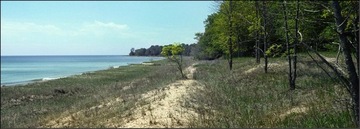
Proposed
Habitat Restoration in Wisconsin – Public Comment due January 18
In December, the U.S. Department
of Justice announced settlements with three separate companies for natural
resource damages at the Sheboygan River and Harbor Superfund site in Wisconsin.
The public is encouraged to comment on the consent decrees, as well the
Restoration Plan and Environmental Assessment and proposed restoration
projects, by January 18.
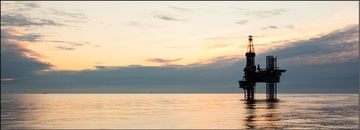
Proposed
National Offshore Oil and Gas Leasing Program – Open for Public Comment
The U.S. Bureau of Ocean Energy
Management has released a Draft Proposed Program for the 2019–2024 National
Outer Continental Shelf Oil and Gas Leasing Program. Comments on the draft are
due March 19. BOEM will also host a
series of 23 public meetings on the
National OCS Program in cities around the nation, January 16 – February 28.
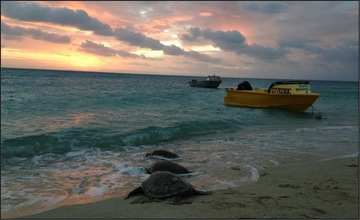
Rising Temps
Turning More Sea Turtles Female
The
sex of sea turtle eggs is determined by the temperature of their environment,
and the hotter temperatures result in more females. Scientists have used a new
research approach to show that warming temperatures on islands in Australia’s
Great Barrier Reef have increased so much that almost no eggs are producing
male sea turtles. Such a skewed sex
ratio threatens the population’s long-term viability.
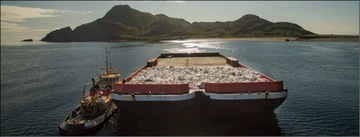
Innovation
at Work: The Latest in Marine Debris Removal Projects
Marine debris is a pervasive
pollution problem with impacts on navigation, fisheries, and marine ecosystems.
Sometimes, debris ends up in places that require innovative thinking to remove.
Check out some recent projects, funded by NOAA’s Marine Debris Program,
that have implemented innovative removal strategies.
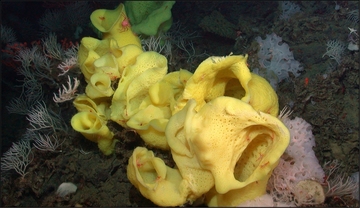
New Report on Deep-Sea Coral Ecosystems
NOAA’s new report, State of Deep-Sea Coral and Sponge
Ecosystems in the United States, reviews advances in deep-sea coral
research over the past decade and explains how this new information is shaping
deep-sea conservation. Discoveries since the release of the first report in
2007 (State of Deep Coral Ecosystems)
have led to the description of 62 new species of corals in the U.S. waters.
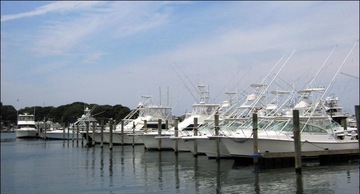
Atlantic
Highly Migratory Species Report Available
The 2017 Atlantic Highly
Migratory Species Stock Assessment and Fishery Evaluation Report reviews the status
of highly migratory Atlantic tunas, swordfish, billfishes, and sharks. The SAFE
report also updates constituents on the latest developments in management of
these species.
Alaska
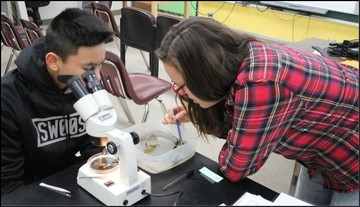
NOAA
Promotes Community-Based Conservation at ‘Bering Sea Days’
For the tenth year, the Aleut
Community of St. Paul Island’s Tribal Government hosted Bering Sea Days, an
weeklong education program for PreK-12 students on
St. Paul Island.
Scientists and educators from various agencies, institutions, and organizations
travel to St. Paul to introduce the students to novel learning experiences and
career options. This year, NOAA and partners focused on battling invasive
marine species.
West Coast
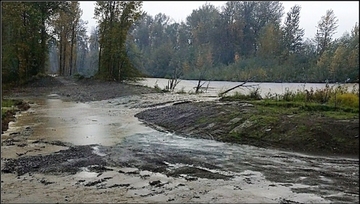
Flood Barrier
Designed with Fish-Friendly Features
When
local leaders in Pacific, Washington, sought ways to reduce frequent flooding
of neighborhoods and businesses, NOAA and partners provided expertise on
habitat restoration and supplied a portion of the funding. The result? A
redesigned levee that improved resilience to flood events while restoring
much-needed salmon habitat.
Pacific Islands
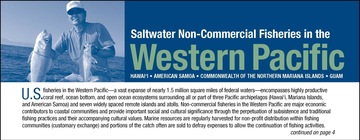
Western
Pacific—Snapshot on Recreational and Non-Commercial Fisheries
Check out our new information
factsheet highlighting the opportunities, cultural significance, and economic
impacts of non-commercial fisheries in the Western Pacific region. Learn more
about recreational and subsistence fishing in Hawaii, American Samoa, Guam, and
the Commonwealth of the Northern Marianas Islands.
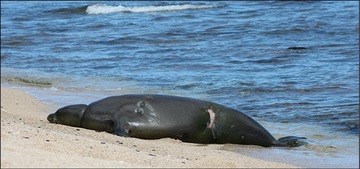
December’s
Monk Seal of the Month
A little late, but the Monk Seal
of the Month for December is RK30, a female monk seal on Kauai known to be at
least 18 years old. An extreme survivor, RK30 has many noticeable scars from
past injuries, including a former entanglement around her neck and encounters
with what appear to be boat propellers and a shark. She has given birth to at
least nine pups.
Southeast
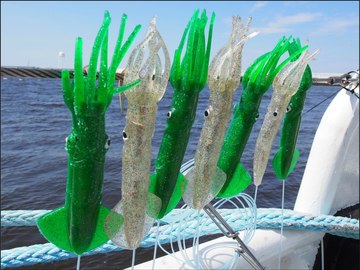
NOAA and
Partners Help Restore Gulf Fishes
The Oceanic Fish Restoration
Project, supported in part by NOAA Fisheries, aims to restore fish populations
harmed by the 2010 Deepwater Horizon oil spill in the Gulf of Mexico. Ten
fishing vessel owners from Florida to Louisiana will take a break from using
pelagic longline fishing gear for the next 6 months. They can continue to
harvest highly migratory species during this “repose” using alternative fishing
gear.
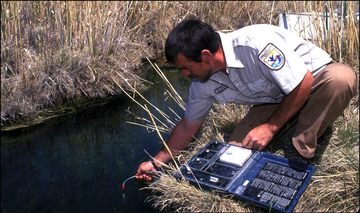
Trustees
Release Manual for Monitoring and Adaptive Management
The Deepwater Horizon Natural
Resource Damage Assessment Trustees have released the first version of the
Monitoring and Adaptive Management Manual, a set of guidelines for implementing
and evaluating restoration projects conducted to restore the Gulf of Mexico.
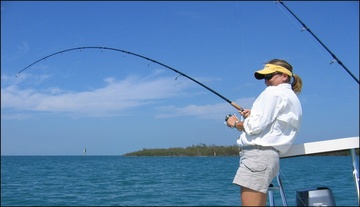
NOAA
Certifies Louisiana Creel Survey Design
NOAA Fisheries announced the
certification of the Louisiana Recreational Creel survey design. The Louisiana
Department of Wildlife and Fisheries uses LA Creel as an alternative general
survey to estimate recreational fishing catch and number of trips by state
drainage basin, a method not currently feasible under NOAA’s Marine
Recreational Information Program. MRIP provided technical support for the
design.
Greater Atlantic
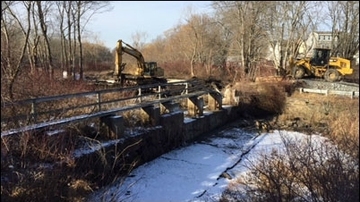
Final Dam
Removal Underway on Mill River
A series of dams on
Massachusetts’ Mill River, a tributary of the Taunton River, cut off migratory
fish access to prime spawning habitat for nearly 200 years. NOAA Fisheries and
many partners worked to remove two dams in 2012 and 2013 and rebuild a third
with a fish ladder. Now, removal of the final dam—West Britannia—is underway.
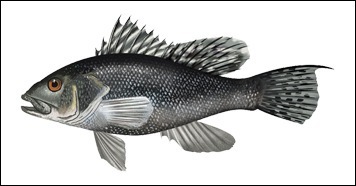
Recreational
Black Sea Bass Fishing – Open for Public Comment
By January 23, please submit your comments on a proposed recreational
February 2018 black sea bass fishery. A recent stock assessment estimated black
sea bass to be well above its biomass target. The proposed one-month winter
recreational season would create additional fishing opportunities at a time
when fewer recreational species are available.
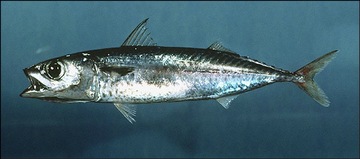
Atlantic
Chub Mackerel – Request for Proposals
The Mid-Atlantic Fishery
Management Council seeks a contractor to conduct a study assessing the
importance of Atlantic chub mackerel to the diets of recreationally important
highly migratory species in the mid-Atlantic. Proposals are due February 16.
|